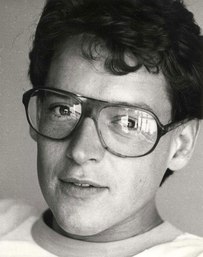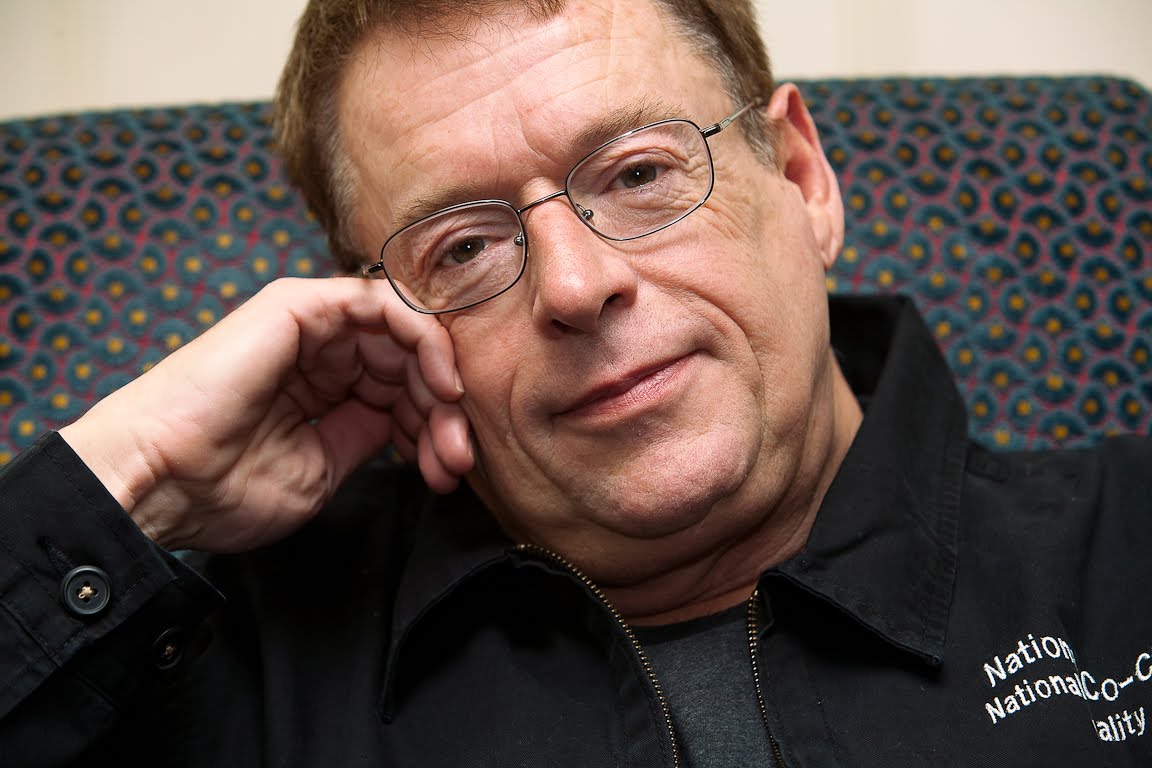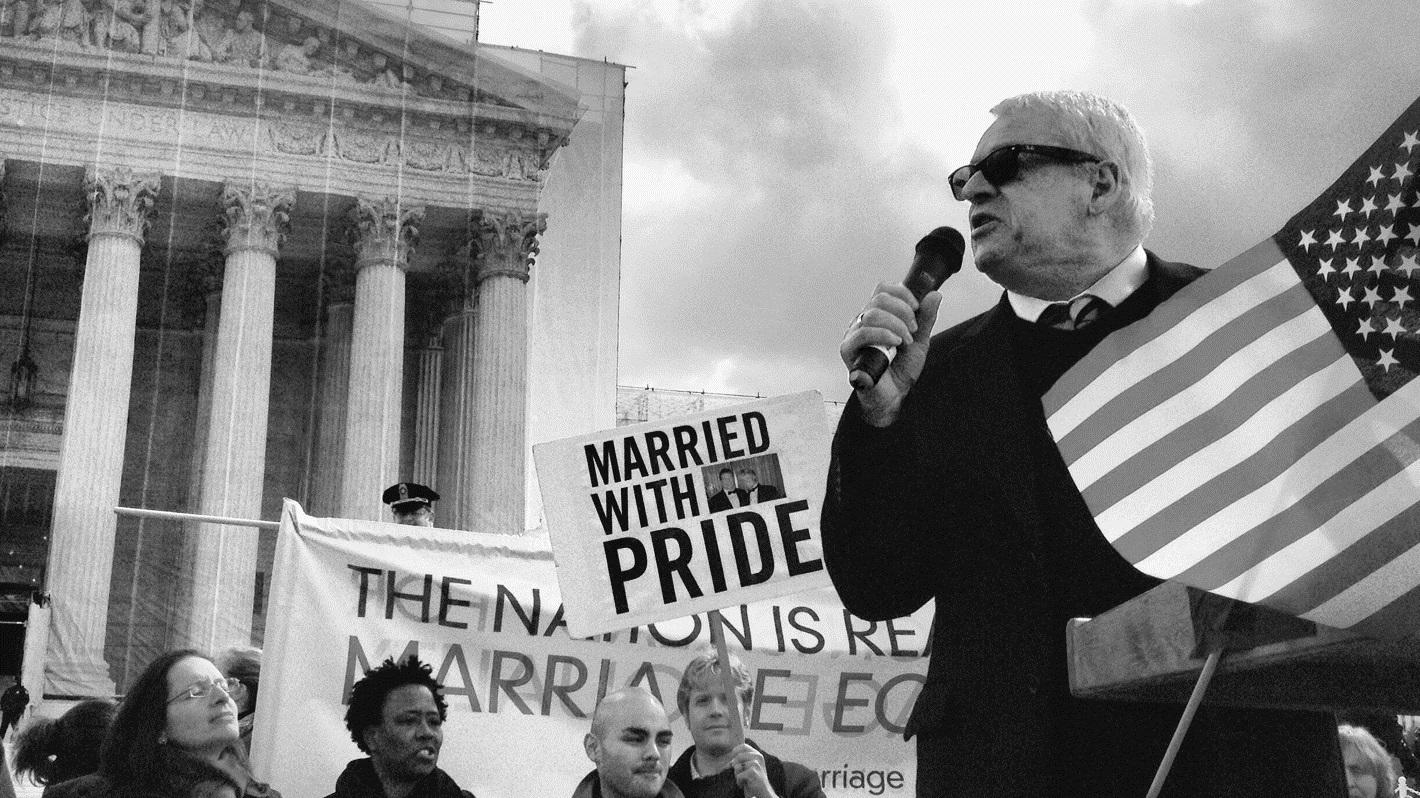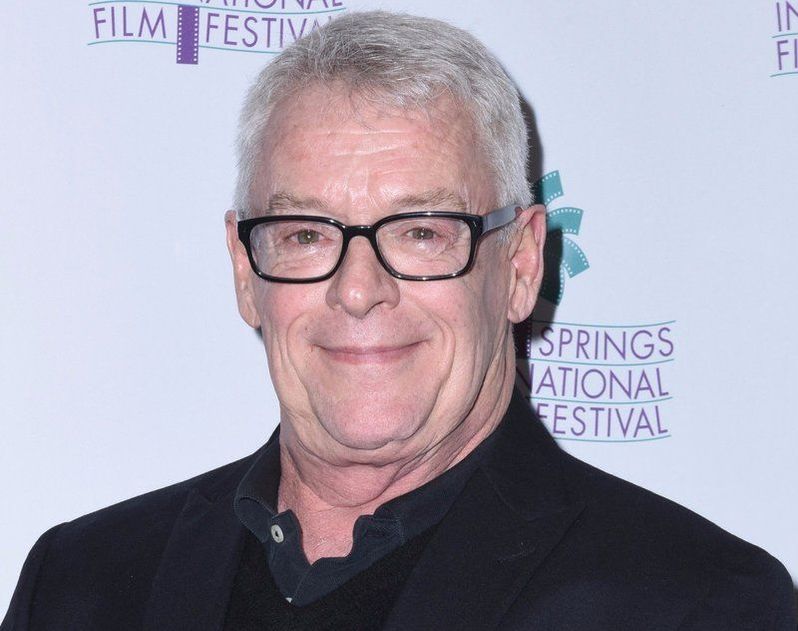 I remember feeling such excitement when I learned I would have the opportunity to meet Cleve Jones at the annual AIDS Walk back in 2010. I also found myself frustrated when many people in the community had no idea who he was. Jones worked with the likes of the late Harvey Milk and Gilbert Baker, created The Names Project, presented the AIDS Memorial Quilt all over the world, and helped shape the history of the Gay Rights Movement. Jones is still going strong as an activist and is receiving national praise, as his book When We Rise has been turned into a well-received mini-series on ABC. Jones has educated new generations of not only his story, but of the stories of other LGBTQ activists still fighting the good fight and making Gay Pride celebrations possible. When I asked Jones what it was like having his name etched in the history books, the humbled Jones just chuckled and said, “Americans have little regard for history, so I don’t know how much that’s actually worth.” Jones continued by saying, “I love what I do. People thank me, but I just love doing the work. I find it fun, and it connects me to wonderful people. It’s kind of wonderful to see some of my friends being remembered who might have been forgotten.” Those friends were not forgotten in this mini-series. When We Rise focuses on the stories of Cleve Jones, Roma Guy and Diana Jones, Ken Jones, and Cecilia Chung, and the struggles they went through to see change become a reality in the LGBTQ community. Jones shared that the experience was one that he wasn’t sure would happen. “The fact that ABC was willing to do [the show] was remarkable. What many people don’t know is ABC already committed to doing this before they contacted Lance Black or heard about my book. Usually in a situation like this, network guys would be pitched. So it’s pretty remarkable that ABC, owned by Disney, of course, would take this on, and I think it was good. There are parts that are jarring because they are so inaccurate, but I think it remains truthful, if not exactly accurate.” When We Rise covers the Gay Rights Movement through the eyes of these activists from 1972 to current. In the show, Guy Pearce, as Cleve Jones’ character, delivered this line to the generation before Barack Obama was elected: “How does it feel to be the first generation to not fight for anything?” That line hit home for many people, even today, who are trying to get this generation to get involved. “It was a time that the generation of gay men, in particular, were not interested in people with HIV. There is always a danger of the younger generations not knowing their history, and,even as much as I would like them to take their rights and freedom for granted, I don’t think we’re there yet. So, it always worries me when people think, ‘Oh the fight’s been won, we won our rights,’ and now we see our rights are very much under attack again. But I do see an awful lot of young people accepting that challenge and taking responsibility for continuing the fight. So, I don’t give up on young people.” And the fight continues. Our current administration, causing many to rise up in protest, seems determined to extinguish rights that had advanced the community through the Obama administration. Jones is witness to the fight with the rest of the country and has his take on what the biggest fight in the community is now. “I think the LGBTQ community needs to understand that we are part of the larger movement and that the entire movement is under attack. What we need more than anything is solidarity--solidarity between men and women, solidarity between people of different colors and ethnicities, solidarity between the generations, because everything is at stake right now. Whether you care about the environment or voter’s rights or reproductive rights...if you care about democracy, if you care about any of this, you need to be involved and engage and participate.” The pain could be heard behind Cleve’s voice as the interview continued. He shared that he was still grieving the loss of his good friend and long time activist, creator of the Pride rainbow flag, Gilbert Baker. Baker’s death was acknowledged on social media and with a candlelight vigil in the Castro under the flag he helped create. I asked Jones if he wanted to share his memory of his friend. “[Gilbert] was a very compassionate man,” Jones shared while holding back tears. “He was a drag queen. He was a veteran. He was a seamstress. He could be quite imperial, but he was very intelligent and very compassionate--a sweet and kind and gentle soul who wanted to move us forward. He dedicated his life to this, so here’s an example of a person who had an idea but also was also going to work hard, persevere and persist and end[ed] up literally touching the hearts and minds of hundreds of millions of people all across the planet. So, I hope anybody reading this, knowing of this story, would think, ‘Hmmm, wonder what I could do?’” When it comes to this fight, it will take all of us to make a change. Jones shared some advice that can be applied to everyone. “I just want them to know that they’re not powerless. No one is powerless. Sometimes we spend the most energy wondering what is the most effective tactics, and being in a room with a bunch of LGBTQ people arguing...can be quite exhausting. The reality is whether you’re turning out voters, writing letters to the editor, protesting, marching, engaging in civil disobedience--all of these tactics can be effective. My advice is to find a way to participate that also brings you some pleasure. I truly enjoy the work that I do, and that’s why I’ve kept doing it. We’re all familiar with the phenomenon of burn-out, and it’s very destructive, especially right now when the when the stakes are so high and the danger is so grave. So, find a way to participate that brings you some joy, that connects you to other people with whom you can work over a long period of time, because this problem isn’t getting fixed anytime soon.”
Jones has created a legacy for himself with the actions he chose to set in motion. But he still sees himself as an “ordinary person,” hoping that folks will take the same kind of action he did. But when it comes to how people will see him once he’s gone, he looks at his greatest achievement. “I was very lucky with the people that I met and the events that I witnessed. But I’m not special. I think my greatest achievement is that I’m still happy,” Jones says with a laugh. “That’s my greatest achievement. I’m 62, and I’m still doing this. I’m in love, and I’m happy, and I survived. That’s possibly my greatest achievement.” For many, that is an achievement to look forward to.
1 Comment
|
P&E - After PrintHere are some of the latest articles and topics in the GLBT community. Archives
June 2024
Categories |




 RSS Feed
RSS Feed
